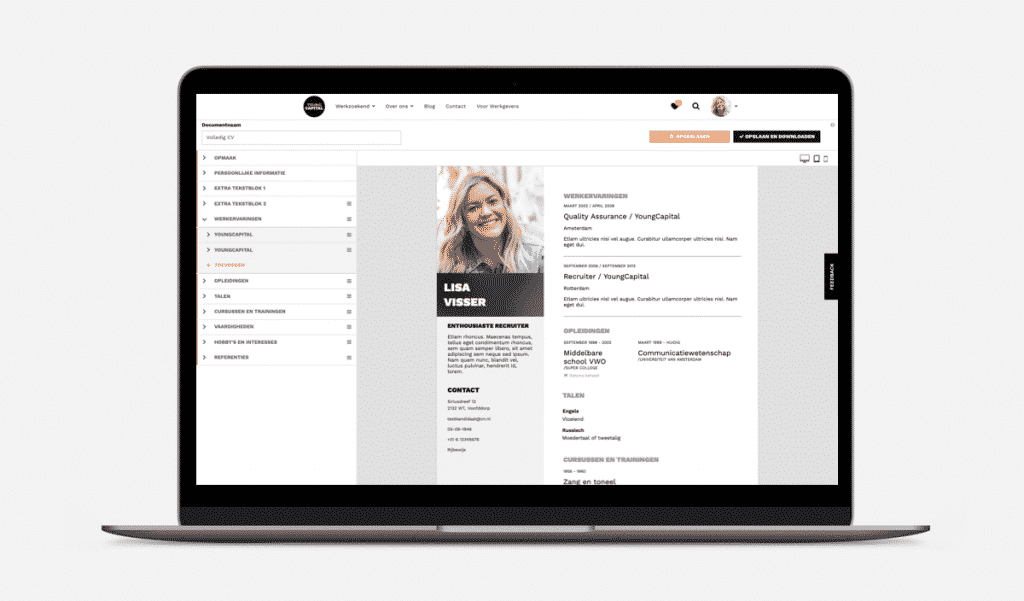When you are looking for a job, the first thing you need to keep ready is your CV or resume. CV or Curriculum Vitae is your profile that you send to a company so that they can get an overview of you. The CV is a very important document and needs to be prepared properly. Some companies ask for a cover letter with the CV. The CV and the cover letter would determine whether you are called for the interview.
Even though you are qualified and experienced, you may find that you are not being called for interviews. The reason could be a poorly prepared CV. If the CV looks unappealing and does not highlight your strengths, the company is unlikely to be interesting in you. Remember that a company may get hundreds of CVs in response to a job advertisement. During the preliminary stage, they will quickly scan your CV. If what they see is impressive, you can make it to the next stage.
Preparing a great CV
Here is how you prepare a great CV that can impress a company looking for new recruits:
- Start the CV with your name displayed boldly in the centre of the page. There is no need to mention a CV or resume; it is understood. Below the CV, provide your phone number and email address.
- The next section can have your career vision. Explain in brief what you want to achieve in your career. The career vision and career goals mentioned should answer the question of what you want to achieve in the next 5 to 10 years.
- List out your skills. Highlight the areas relevant to the job you are applying. Explain how proficient you are in each of the skill areas. Throughout the resume, you can use a tabular format to present information in an effective way.
- Showcase your educational qualifications. List out your qualifications, place studied, achievements, starting from the last qualification.
- Highlight your total experience in years. Below it, add a table listing out the companies where you worked, job held, responsibilities, etc. Always starts from the latest and work backwards while listing your jobs.
- The next section can highlight your career achievements. This can include goals achieved, exceptional work done, awards won, etc. Do not write anything as a paragraph. List them out as bullet points.
- Your personal details can come towards the end. You can share details like your gender, nationality, address, date of birth, etc.
- Share details of your hobbies and interests, so a potential employer will know what you do in your spare time.
- Lastly, provide details of referees who can vouch for you.
Remember to keep your CV updated with the latest data.
There is no doubt that the CV is crucial to help you be called for an interview. This is why you need to spend time to prepare the CV in such a way that it highlights your strengths and impresses the company so that they call you for the interview.

